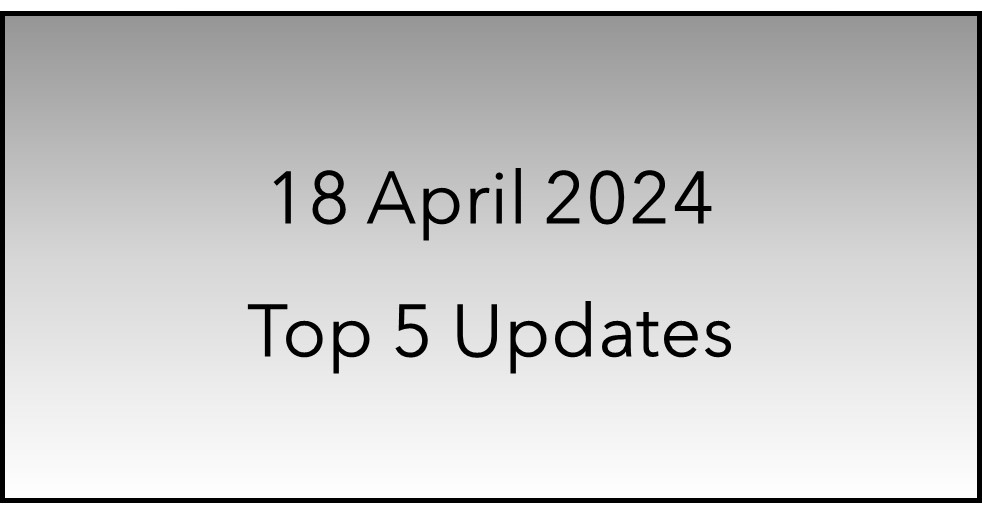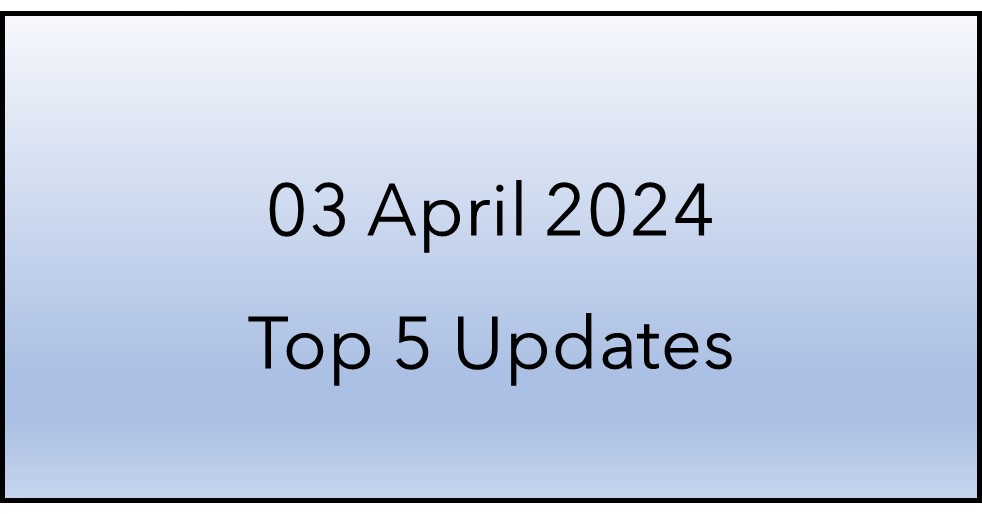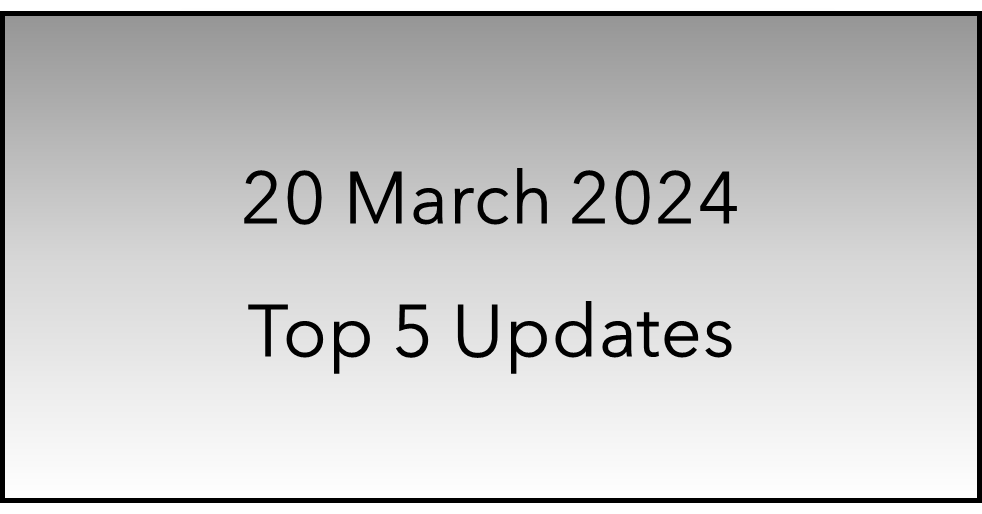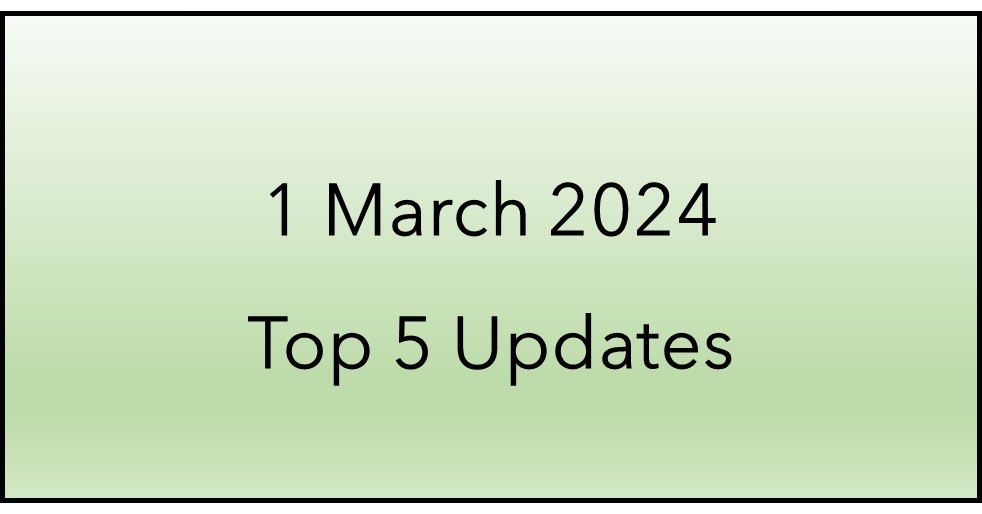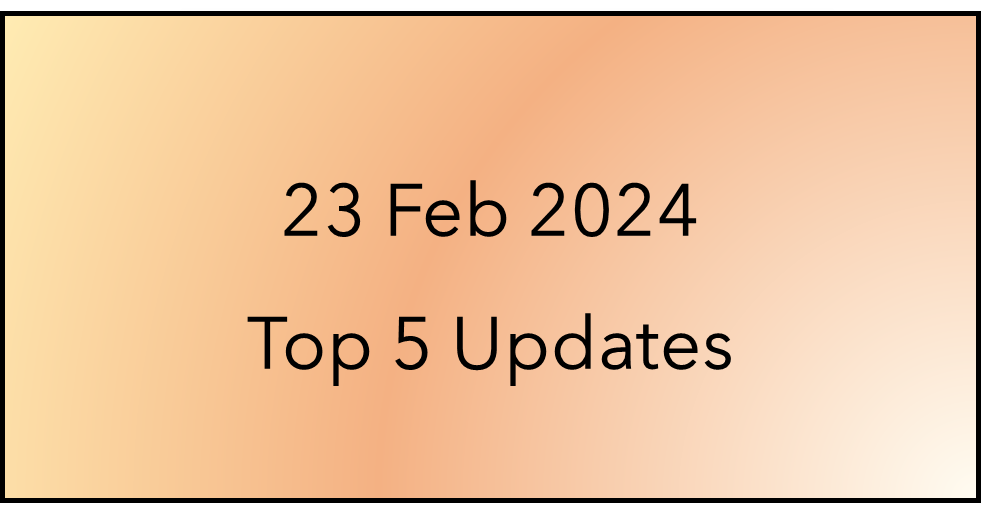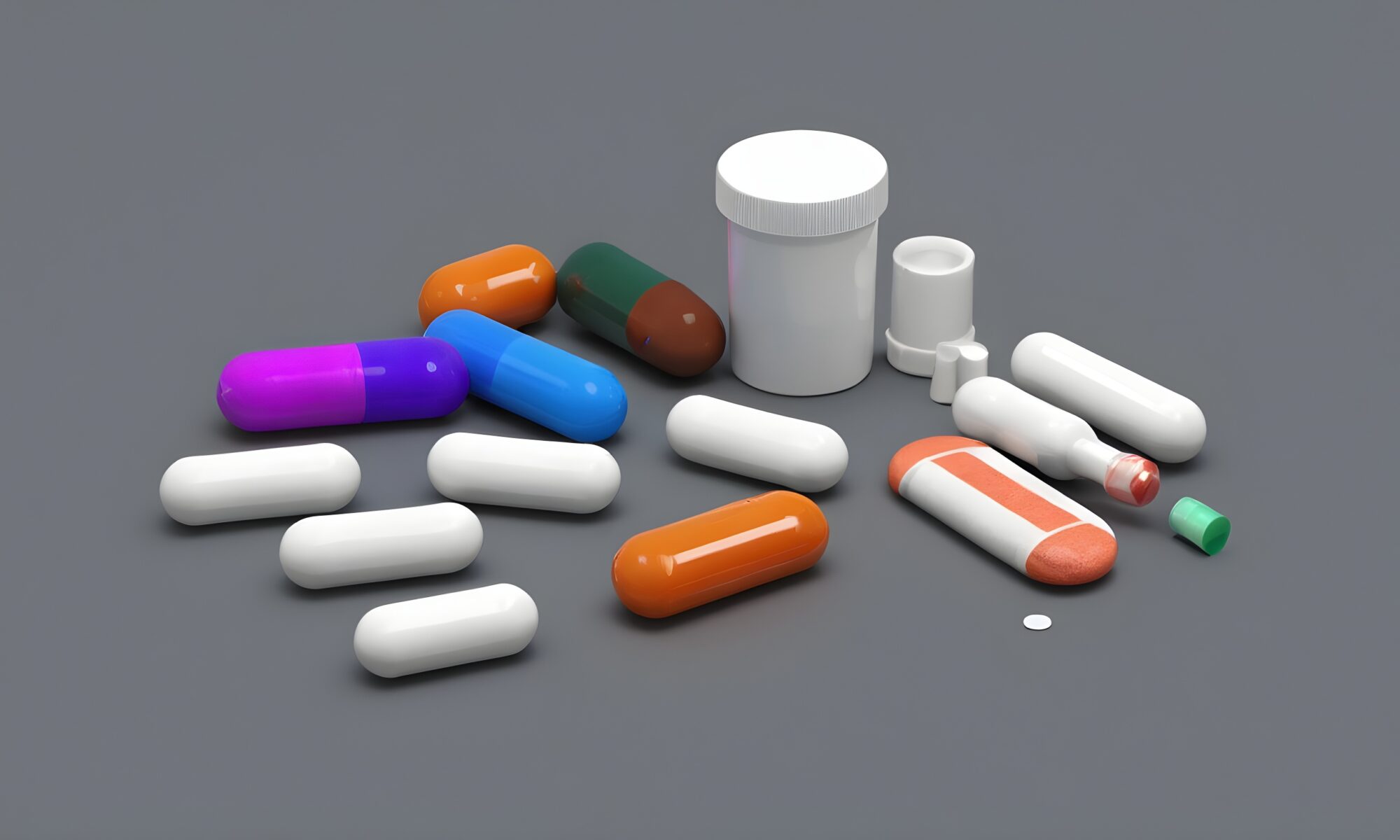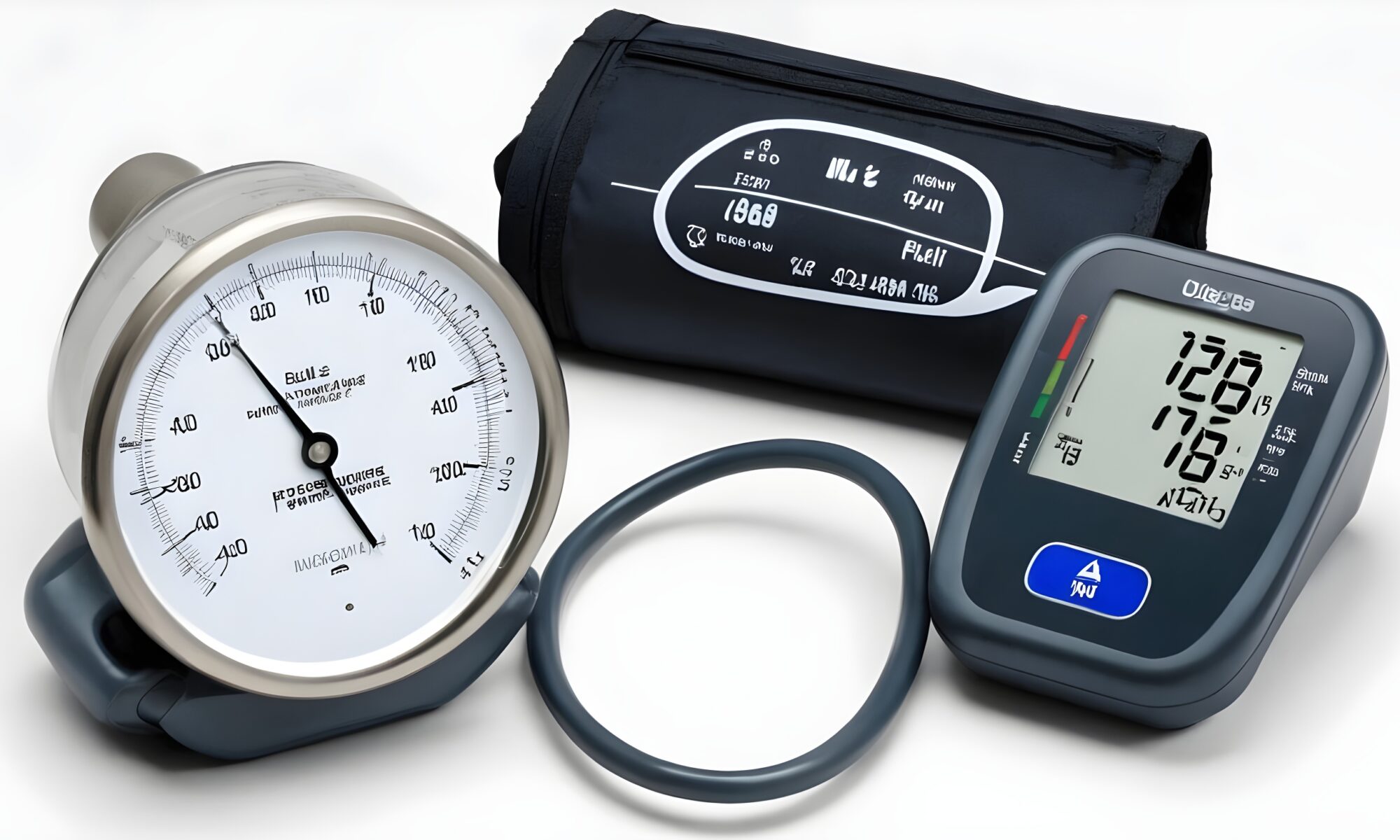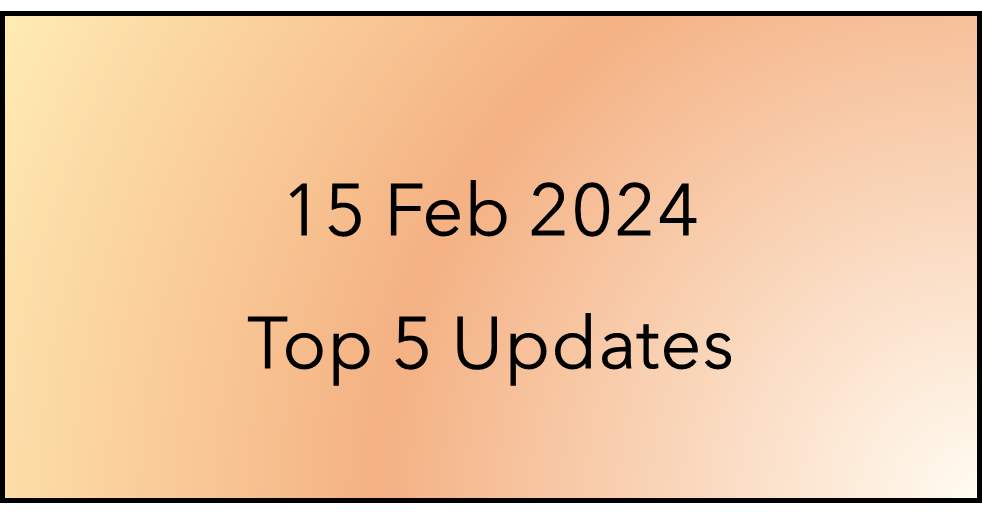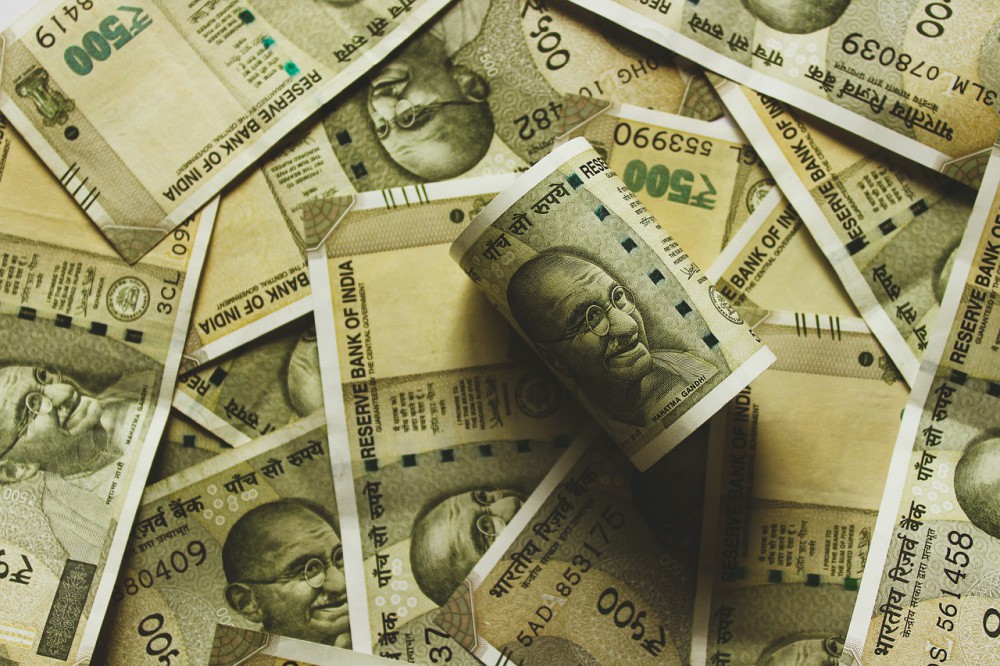Draft Guidance on Vaccine Approval and Quality Monitoring at port of Import published by Central Drug Regulator for Public Commect
The Central Government has recently published a draft of guidance on (1) regulatory framework for conducting vaccine related clinical trials, marketing approval, manufacture, import/ export and post marketing assessment and (2) Risk Based Approach for monitoring quality of imported drugs, medical devices and IVDs at customs ports. Public Comment is sought on these above Guidance Notes, within 30 days of publication i.e. by 10th May 2024.
Source: bit.ly/3xIoiIv
Source: bit.ly/4cVOpvL
Merchants Association Request Central Government Intervention to Stabilize trade of Medicines and Medical Devices with Africa
The Federation of Pharmaceutical and Allied Products Merchant Exporters, an industry association of small and medium sized importers and exporters, has advocated for fiscal and trade policy intervention including continued efforts to stabilize Rupee value, by the Government to stabilize the export of Medicine and Medical Products to Africa, which has seen a sharp decline due to rising shipping tariffs caused by ongoing geopolitical conflicts.
Source: bit.ly/3Q8qlvT
Threefold Increase in FDI in Healthcare and Medical Device Sector in India during latter half of FY 2023-2024
Foreign Direct Investment (FDI) into the Hospital and Diagnostic Sectors in the country has increased by about 90% in the last quarter of 2023-24, as compared to the same quarter the previous year. Moreover, the Medical and Surgical Implements Sector has also seen a nearly 1/3rd growth by proportion during the same time. The total FDI received in hospital and medical devices sector stood at USD 462 Million.
Source: bit.ly/3U6Km70
Modern medicine Doctor body Expresses Concerns regarding Introduction of Integraded School of Medicine as Treatment
The Indian Medical Association, a professional representative body of Doctors, has expressed its concerns regarding the proposal of the Central Government to institute Integrated Medicine, which would offer treatments which are a mix of allopathic, homeopathic and traditional medicine. The Council expressed concern that due to the vast gulf in the manner of training, specialization and expertise between the various schools of medicine means that integration and cross practice treatment may pose severe risk to patient.
Source: bit.ly/3U6yi5E
EU and Japan harmonize Pharmacopoeia for ease of doing Business and regulatory Burden
The European Directorate for the Quality of Medicine and Healthcare, and the Japanese Ministry of Health, Labour and Welfare have entered into a Memorandum of Cooperation and Confidentiality, to coordinate efforts to harmonize the European and Japanese Pharmacopoeia, a move that would reduce the regulatory burden on manufacturers operating in the twin jurisdictions, with respect to carrying out compendial tests and IP approval.
Source: bit.ly/3UmRBJo

